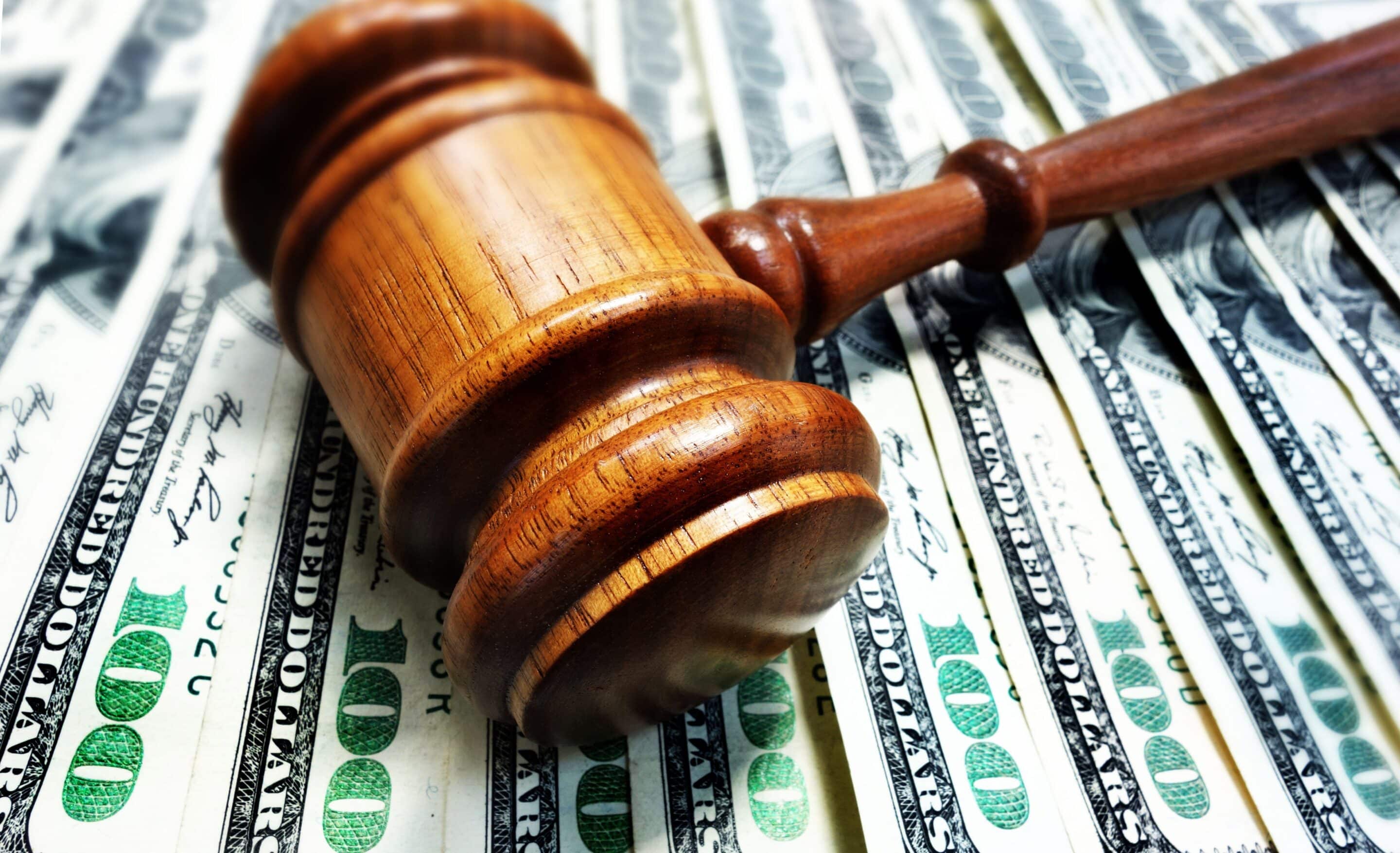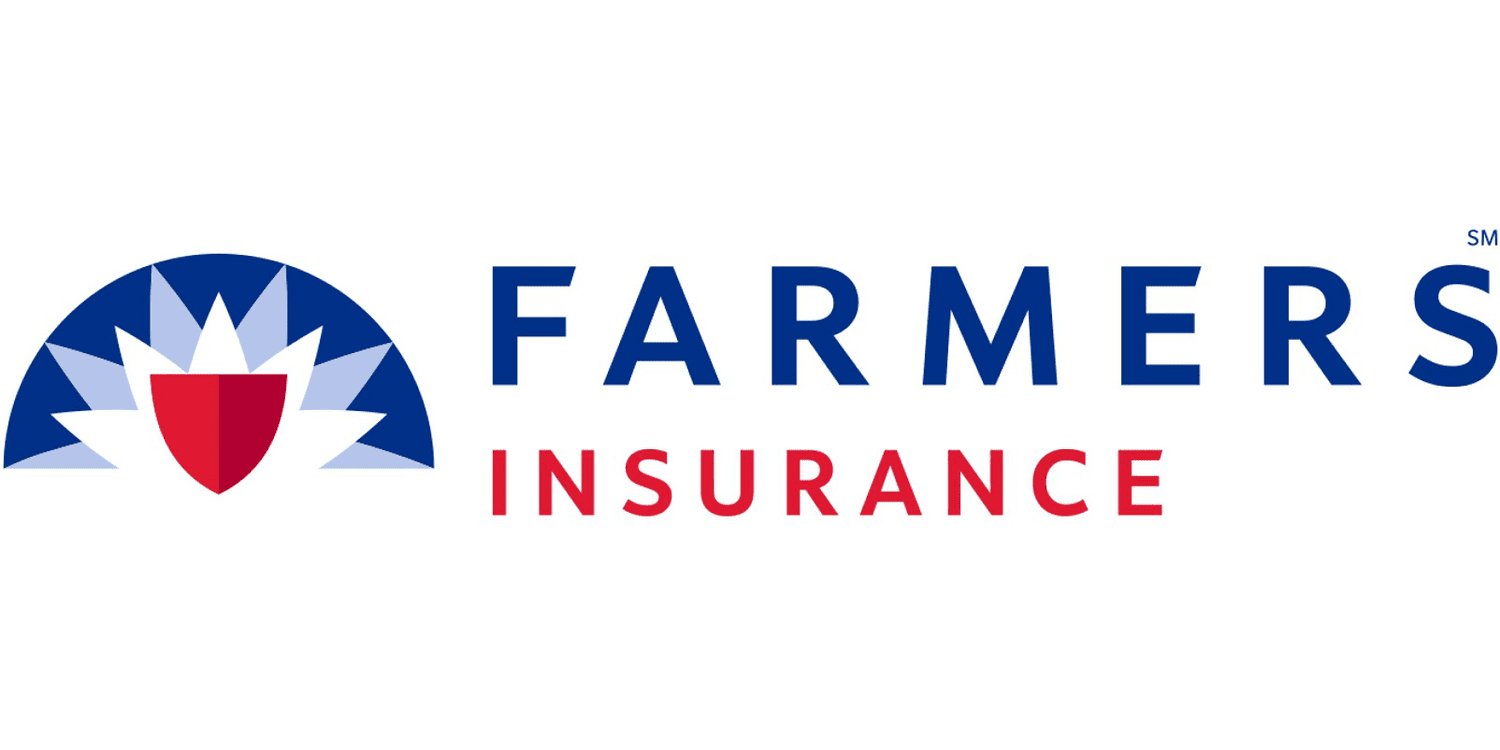
In personal injury law, damages refer to the monetary compensation awarded to a plaintiff who has suffered harm or loss due to another party’s negligence or wrongful actions. Damages are designed to restore the injured party to their previous state, covering financial, physical, and emotional losses resulting from the injury. Calculating damages accurately is essential, as they directly impact the compensation a victim receives for medical expenses, lost income, pain, suffering, and more. At 770GoodLaw, we help clients assess their damages comprehensively, ensuring they receive fair and full compensation for their injuries and losses.
Types of Damages in Personal Injury Cases
Damages in personal injury cases fall into several categories, each addressing different aspects of the plaintiff’s losses. Key types of damages include:
- Economic Damages: These damages cover measurable financial losses directly related to the injury, such as medical bills, rehabilitation costs, lost wages, and future earning capacity. Economic damages are typically supported by receipts, invoices, and other financial documentation.
- Non-Economic Damages: These damages compensate for intangible losses that do not have a specific dollar amount, including pain and suffering, emotional distress, loss of enjoyment of life, and loss of companionship. Calculating non-economic damages often requires consideration of the injury’s impact on the victim’s daily life and well-being.
- Punitive Damages: In cases involving gross negligence or intentional misconduct, punitive damages may be awarded to punish the defendant and deter similar behavior. Unlike compensatory damages, punitive damages are not meant to compensate the victim but to hold the at-fault party accountable for egregious conduct.
- Wrongful Death Damages: In cases where an accident leads to death, wrongful death damages provide compensation for the deceased person’s family members. These damages may include funeral and burial expenses, loss of financial support, and loss of companionship for surviving relatives.
Factors That Influence Damages in Personal Injury Cases
Several factors can affect the amount of damages awarded in personal injury cases. Key considerations include:
-
Severity of Injuries: More severe injuries generally lead to higher damages, as they often involve extensive medical treatment, longer recovery times, and a greater impact on daily life.
-
Impact on Earning Capacity: If the injury affects the victim’s ability to work or reduces their future earning potential, damages may include compensation for lost income or diminished earning capacity.
-
Medical Treatment Costs: The cost of medical care, including surgeries, hospital stays, medications, and rehabilitation, directly impacts the amount of economic damages.
-
Pain and Suffering: Non-economic damages often vary based on the level of physical pain, emotional distress, and long-term effects on the victim’s quality of life.
-
Degree of Negligence: In cases where the defendant’s behavior was particularly reckless or intentional, punitive damages may be added to the award to penalize the defendant.
Calculating Damages in Personal Injury Cases
Calculating damages requires a thorough assessment of the plaintiff’s losses, supported by documentation and expert testimony. Important steps in calculating damages include:
- Documenting Medical Expenses: Gathering all medical bills, treatment records, and anticipated future care costs provides a solid foundation for economic damages.
- Assessing Lost Wages: Payroll records, employment history, and tax returns can help quantify lost wages and assess the impact on future earning capacity.
- Evaluating Non-Economic Damages: For pain and suffering, courts may use a multiplier method (multiplying economic damages by a certain factor) or a per diem approach (assigning a daily rate) to calculate non-economic losses.
- Consulting Experts: Medical experts, financial analysts, and vocational experts may be consulted to provide estimates for future medical care, lost earning potential, and the injury’s impact on quality of life.
- Considering Applicable Limits: Some states impose caps on certain damages, such as non-economic or punitive damages, which may limit the total compensation available.
Challenges in Proving and Securing Damages
Securing fair damages can be challenging, as the plaintiff must provide convincing evidence to support their claims. Common challenges include:
-
Proving Non-Economic Damages: Since pain and suffering are subjective, calculating and proving non-economic damages can be complex, often requiring detailed testimony and evidence.
-
Disputes Over Medical Necessity: Insurance companies or defense attorneys may argue that certain treatments were unnecessary, aiming to reduce the amount of medical damages.
-
Establishing Future Losses: Demonstrating future medical needs, lost income, and long-term impacts may require expert testimony and can be difficult to quantify accurately.
-
Comparative Fault: In cases where the plaintiff shares some responsibility for the accident, damages may be reduced based on the percentage of fault, lowering the overall compensation.
How 770GoodLaw Assists Clients in Calculating and Pursuing Damages
At 770GoodLaw, we work closely with clients to document their losses thoroughly and present compelling evidence to support their claims for damages. Our approach includes:
- Comprehensive Damage Assessment: We conduct a detailed analysis of all economic and non-economic losses, ensuring that every expense and impact is accounted for.
- Gathering Essential Documentation: Our team collects medical records, employment history, and financial records to support claims for medical expenses, lost wages, and future care needs.
- Consulting with Experts: We collaborate with medical, financial, and vocational experts to provide accurate estimates for future damages and to build a robust case for compensation.
- Negotiating with Insurers: We negotiate with insurance companies on behalf of our clients, advocating for full and fair compensation that reflects the true extent of their losses.
- Litigating for Maximum Recovery: If a fair settlement cannot be reached, we are prepared to take the case to court, presenting a strong argument for maximum damages to ensure justice for our clients.
Importance of Legal Representation in Pursuing Damages
Calculating and securing damages in personal injury cases requires legal knowledge, negotiation skills, and a comprehensive understanding of each client’s unique needs. Skilled legal representation ensures that plaintiffs receive the full compensation they deserve for their injuries, losses, and hardships. At 770GoodLaw, we provide dedicated support for clients, guiding them through each stage of the claims process to maximize their recovery and protect their rights.
Why Choose 770GoodLaw for Personal Injury Cases Involving Damages
Our commitment to Relentless Reliability and Sincetegrity drives us to provide comprehensive, client-centered support in personal injury cases. At 770GoodLaw, we work tirelessly to protect our clients’ rights, secure fair compensation, and hold negligent parties accountable for the damages they cause.






